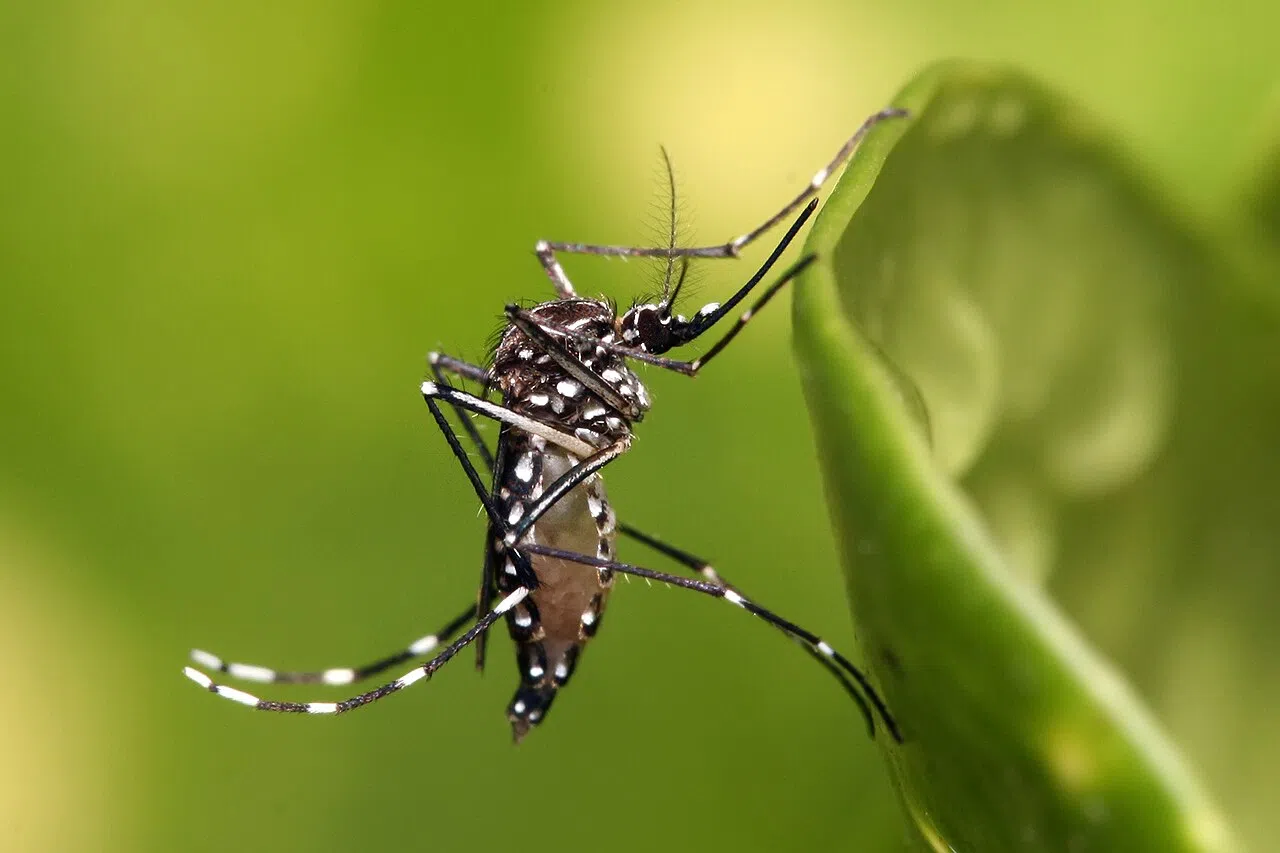
ALBUQUERQUE, N.M. — If you’ve noticed more mosquitoes than usual this summer, you’re not alone. The City of Albuquerque has confirmed an increase in Aedes aegypti mosquitoes and is taking action to reduce the population and prevent disease spread.
On June 23, 2025, the city announced a pesticide field trial targeting mosquito larvae in three neighborhoods. The treatment uses Bti, a larvicide approved by the EPA and certified for organic use. Due to the nature of the application, “no-spray” requests cannot be accommodated in the trial areas.
What You Can Do
Residents are encouraged to help by eliminating standing water around their homes—common breeding grounds for mosquitoes. This includes items like:
- Buckets, flower pots, and bird baths
- Old tires, pet dishes, and toys
- Unmaintained swimming pools or clogged gutters
To report mosquito breeding sites or standing water, call 311. The city’s mosquito control team responds to reports from both Albuquerque and Bernalillo County.
Surveillance and Disease Prevention
The city is also conducting mosquito surveillance using traps across 21 sites, primarily near the Rio Grande. These traps help monitor mosquito populations and test for diseases like West Nile Virus, which is active in New Mexico during the summer and fall.
While no disease transmission from Aedes aegypti has been reported in New Mexico, the species is known to carry Zika, Dengue, and Chikungunya in other regions.
More Information
- CDC: West Nile Virus
- CDC: Zika Virus
- NM Department of Health: West Nile Virus
For updates on mosquito control efforts or to request assistance, residents can use the 311 service or visit the City of Albuquerque’s official website.








